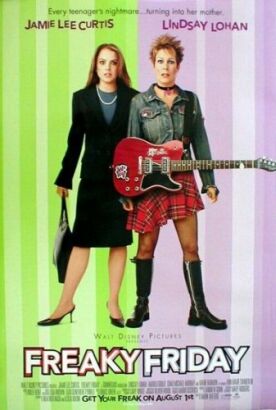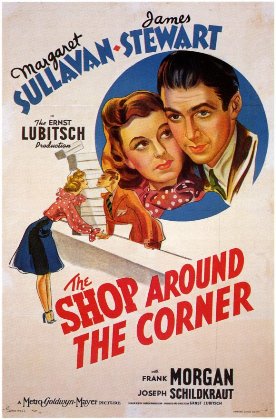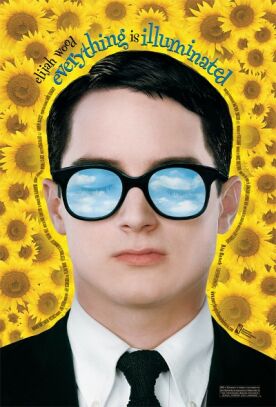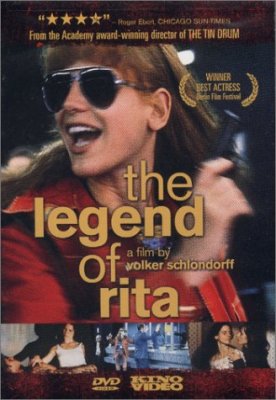Firelight
Firelight, written and directed by William Nicholson (Shadowlands,
Nell), is a contemporary chick-flick, one of those costume drama romances
that attempts to marry traditional girlish fantasies to a mild strain of
feminism so as to make its mainly female consumers feel comfortable, even
virtuous, about watching what would otherwise be embarrassingly retrograde
material. A poor Swiss girl, the stunning Elisabeth Laurier (Sophie Marceau),
agrees to act as a surrogate mother to the child of an English aristocrat called
Charles Godwin (Stephen Dillane) whose wife has fallen from her horse and
assumed a persistent vegetative state. Both Charles and his female agent are
surprised at Elisabeth’s beauty when she reports for an interview for the job.
She needs the money ( £500) to pay off
the debts of her ne’er-do-well father, and when told that she might marry
instead of engaging in what at the time seemed more sordid than it does now, she
replies “I could sell myself for life. The gentleman’s needs, as I understand
it, are of a shorter duration.”
Her pristine proto-feminism here serves as the romance’s equivalent of
maidenly modesty, since it is what must be overcome in order for her to become a
fully functioning sexual being, which is one of the two purposes of the romance.
The other is the conversion of the powerful male into the weaker of the new
couple, from the one who has to the one who needs, from scary father to
dependent child. This conversion is effected partly by the profligacy of
Charles’s father, Lord Clare (Joss Ackland) and partly by his helplessness in
properly looking after and educating the daughter, Louisa (Dominique Belcourt),
who results from his brief liaison with Mlle Laurier. While Papa is away, the
latter signs on as governess to her own daughter and soon manages to arrange
this unpromising situation more to her liking.”It seems to me,” says Elisabeth
at the culmination of seven years of longing for her lost lover and child, “that
my desire has destroyed everything that stood in its way”—including the
social and monetary disparity between herself and Charles. “I never knew there
was so much power in desire.”
Ah, but there isn’t. In real life, desire is weakness. Desire is only
powerful in romantic fiction and movies like this one. In the same way, it is
only in the movies that we could believe in Elisabeth’s private mythology of
firelight which, as she tells Louisa, has “a kind of magic” that “makes time
stand still. When you sit in firelight and put the lamps out, there are no rules
anymore; you can do what you want.” Wouldn’t it be nice to think so! Wouldn’t it
also be picturesque to think so, especially as not the least of Miss Marceau’s
charms are her skin-tones by firelight. But, like firelight too, the movie’s
radiance of feminine fulfilment does not extend far beyond the glowing screen.
Our faces are briefly warmed, but our backs are still cold.
Discover more from James Bowman
Subscribe to get the latest posts to your email.






